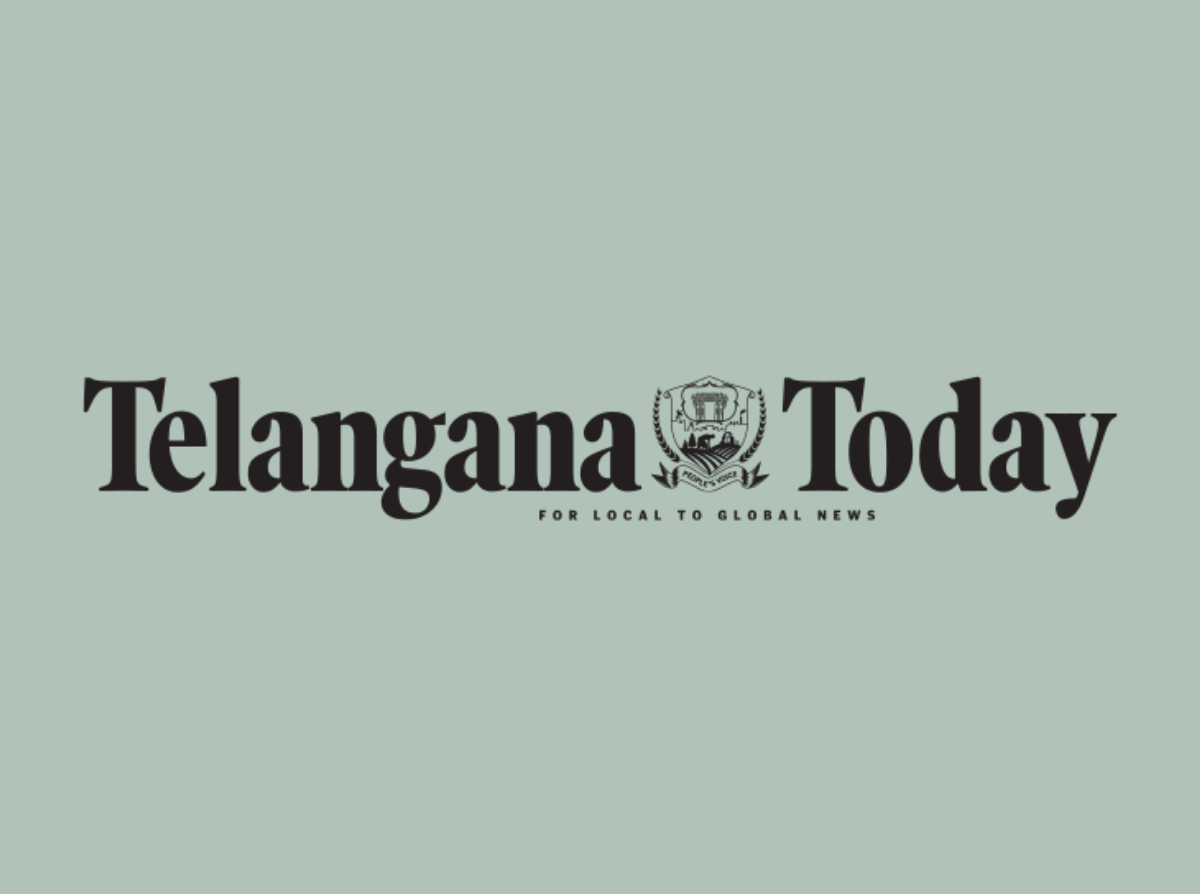The availability of intranasal vaccines will strengthen the fight against the pandemic and expand vaccine coverage.
Release Date – 12:40 AM, Thu – 1 December 22

The availability of intranasal vaccines will strengthen the fight against the pandemic and expand vaccine coverage.
India’s prowess as an international vaccine hub has been further boosted with the development of the world’s first intranasal Covid-19 vaccine. Hyderabad-based Bharat Biotech has been honored by the Central Drugs Standard Control Organization (CDSCO) for approval of iNCOVACC, an intranasal vaccine developed by the company in collaboration with the University of Washington.
Product development and clinical trials are partly funded by the central government. This is a major milestone in the country’s Covid vaccination program launched in January last year. Since most people have already received the primary dose, the approval of a booster dose would make the vaccine more relevant. The new vaccine is designed to be easily and painlessly administered via nasal drops. Bharat Biotech has rightly initiated the development of a variant-specific vaccine for future preparations. Unlike Covaxin, which is an inactivated vaccine, the intranasal vaccine uses a viral vector platform that utilizes recombinant adenovirus as the vector. The design and development of nasal drug delivery systems is cost-effective in low- and middle-income countries.
Although the epidemic situation in India has subsided significantly, the research and development of vaccines cannot be slack. The role of vaccination in controlling the virus cannot be overestimated. It must be noted that the imperfect and ineffective vaccination drive is considered one of the key reasons why China is witnessing a virus resurgence, and Chinese vaccines have proven to be less effective than those produced in India or the West. Once available, the nasal vaccine will help fill the gap in India’s current vaccination coverage.
Currently, there is considerable public hesitation about taking the booster, which was introduced in April of this year. To date, the country has administered about 150 million doses to the 18-59 age group and nearly 70 million doses to the over-60 age group, as well as healthcare and frontline workers. Although the center has offered to provide free doses of this dose for 75 days (mid-July to September) to all eligible adults in government centers as part of the celebration of the 75th anniversary of independence, the numbers are far from encouraging. Factors such as the efficacy, safety, pricing and availability of iNCOVACC will determine public response.
The fact that the vaccine has been successful in phase I, II and III clinical trials should help to allay fear and apprehension. As far as health authorities are concerned, they need renewed vigor in their vaccine campaigns. It would be wrong to think that the pandemic is over. We must remember that vaccines have largely prevented serious infections over the past year and a half and will continue to do so in the future. The availability of intranasal vaccines will further strengthen the fight against the pandemic and expand vaccine coverage.
